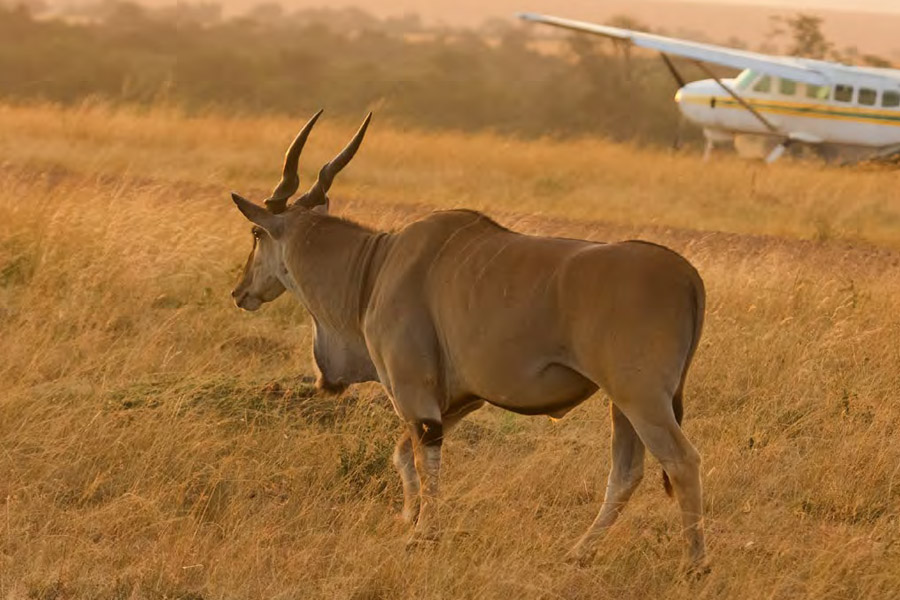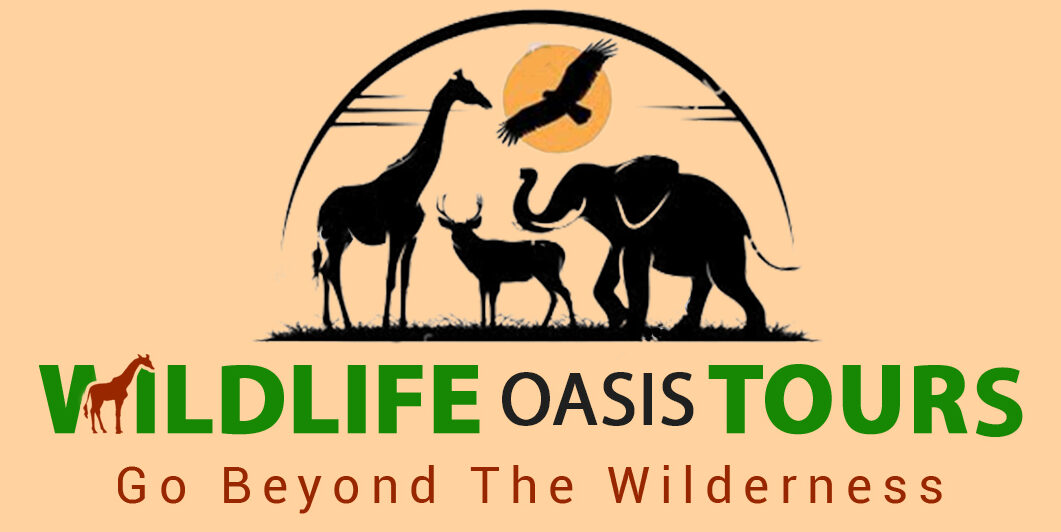Selous Game Reserve: Home to Africa’s Iconic Wildlife

Wildlife Encounters Selous Game Reserve
Selous Game Reserve, also known as Nyerere National Park, is a sanctuary for Africa’s diverse and iconic wildlife. Covering vast and varied landscapes, the reserve offers unparalleled opportunities to witness rare and unique species in their natural habitats. This guide explores everything you need to know about Selous Game Reserve wildlife encounters.
Elephants: The Giants of Selous
Selous Game Reserve is known for its thriving elephant population, one of the largest remaining in Africa. Due to conservation efforts and the reserve’s expansive, unspoiled wilderness, elephants are frequently seen roaming in large herds, especially near the Rufiji River. Observing these magnificent giants up close is a powerful reminder of the importance of protecting these gentle, intelligent creatures.
African Wild Dogs: Rare Sightings of an Elusive Species
The reserve boasts a healthy population of African wild dogs, also known as painted wolves. These fascinating and social animals are rarely seen in other parts of Africa, making Selous an ideal destination for those eager to witness their unique social behavior and group hunting techniques. The best time for sightings is typically early morning or late evening when the wild dogs are most active.
A Birdwatcher’s Paradise
With over 440 bird species, Selous Game Reserve is a haven for bird enthusiasts. Among the birds you can spot are:
- Raptors: Such as the African fish eagle and martial eagle, often seen soaring above the savannah.
- Kingfishers: Beautiful and diverse, commonly spotted around water sources like rivers and lakes.
- Hornbills: Including both ground and yellow-billed hornbills, known for their distinctive bills and calls.
The variety of habitats in Selous, from woodlands to wetlands, ensures that there is always a diversity of bird species to admire.
Predators and Other Iconic Wildlife
Selous is home to many of Africa’s most famous predators, as well as other fascinating species:
- Lions and leopards: Selous is one of the few places where you can still encounter these apex predators in their natural habitat.
- Buffaloes and giraffes: Both are abundant throughout the reserve, often seen grazing in open plains or woodlands.
- Hyenas: Known for their haunting calls, they play an essential role in the ecosystem as scavengers.
- Crocodiles and hippos: The Rufiji River is teeming with these two formidable water species, providing thrilling sightings during boat safaris.
Rare and Endangered Species
Selous Game Reserve is a stronghold for rare and endangered species, including:
- Black rhinos: Though sightings are rare due to their secretive nature, Selous is one of the few reserves in Tanzania where black rhinos still reside.
- Cheetahs: These elusive big cats are known for their incredible speed and are best spotted in the open grasslands of Selous.
- Sanje crested mangabey and Udzungwa red colobus monkey: These primates are unique to this region, adding to the diversity of the wildlife.
- Hippopotamus: Often seen wallowing in rivers or lakes, they add to the rich aquatic life of the reserve.
The Ultimate Wildlife Encounters
Selous Game Reserve offers a range of activities to maximize your wildlife encounters:
- Guided game drives: Experienced guides help visitors explore different habitats to encounter iconic wildlife.
- Boat safaris on the Rufiji River: These safaris offer a unique way to view crocodiles, hippos, and bird species up close.
- Walking safaris: Led by knowledgeable rangers, these safaris allow you to experience the thrill of observing animals like giraffes, zebras, and even predators on foot.
Selous Game Reserve Wildlife Encounters: An Adventure of a Lifetime
Whether you’re seeking elephants, rare African wild dogs, or extraordinary birdwatching opportunities, Selous Game Reserve wildlife encounters are sure to leave you with unforgettable memories. The diversity and abundance of species make it one of the most exceptional wildlife destinations in Africa.

One Comment